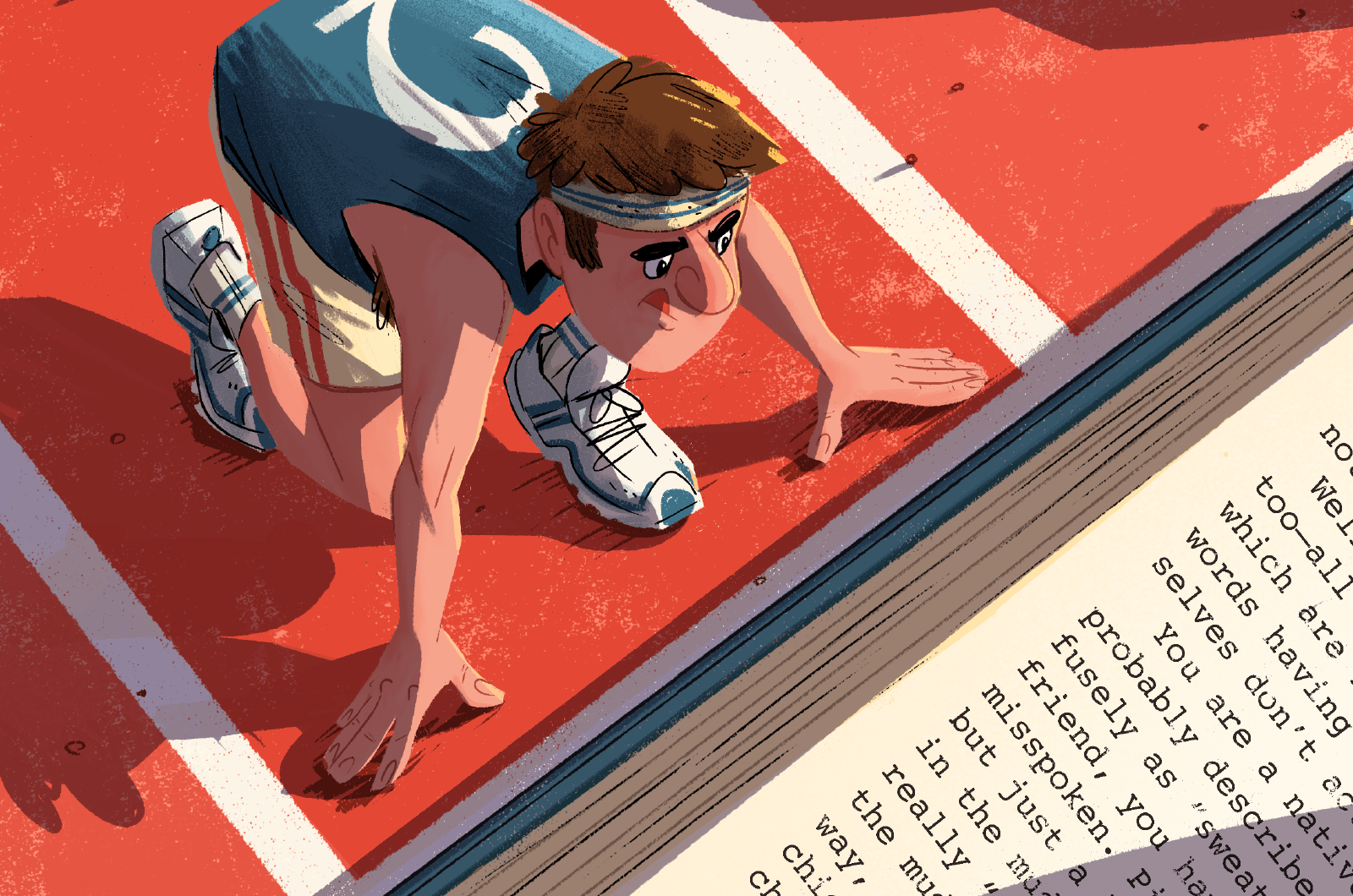Assuming Responsibility for Your Life
What does it mean to take responsibility for your life? Why don’t we want to accept it, and what are the consequences? Why even take responsibility for your destiny? How can we control our lives, and what good will it do us?
To answer these questions, let’s first define the terms. Responsibility is an objective obligation to bear the consequences of actions or inactions of an individual.
A Burden Too Fearsome
The obligation and willingness to take responsibility for our deeds, actions and their consequences means that we recognize ourselves as the author and executor of our own destiny. But it is not always pleasant for us to do this. It is much more convenient for us to attribute their origin to external, independent circumstances. It is easier to get rid of the feeling of guilt for the troubles that we bring not only into our own lives, but also into the lives of those close to us. Moreover, we always have an excuse. In making this or that decision, we usually do not wish harm on ourselves or others.
Besides, we interact with other people, who also influence our lives in one way or another. There are certainly co-authors of our destiny, but we ourselves invite them to participate in its formation, and determine their role in this process. We do this both consciously and unconsciously, so we are not always able to determine the reasons of what is happening to us.
Taking responsibility for everything that happens to us allows us to consciously and purposefully control and even shape our own destiny. Below we will look at the techniques and consequences of taking responsibility for your life. But before we do this, it is necessary to get rid of the factors that prevent us from looking at ourselves and the world around us objectively. First of all, it is the feeling of guilt and the perception of problems as obstacles or even punishments.
Guilt and the Paralysis of Willpower
In order to free ourselves from guilt and reconsider our attitude toward adversity, we must look at it objectively, from a perspective that is independent of our personal feelings. This will help us to understand their origins and the consequences of their impact on our lives.
Let’s formulate a definition of guilt, then analyze its source and the reasons for its appearance. From the psychological point of view, guilt is a destructive emotional reaction of a person to self-blaming and self-judgment. It is inherently aggression, directed at ourselves, the desire for self-punishment.
It seems to us that negative consequences of the committed deeds are obvious and objective, and if we have created them, then we are guilty. A confession of guilt must be followed by punishment. Self-punishment suppresses our will and creates fear of making decisions. Guilt is destructive to our personality. In order to get rid of it, we are ready to refuse to accept responsibility and try to shift it to any external factors. But by refusing to control our own destiny, we destroy our very life. It is a vicious circle from which there seems no way out.
In fact, there is. To see and understand it, it is necessary to look at ourselves and the events happening to us in terms of a consistent picture of the world. To do this, imagine for a moment that everything in this world is good and right, that everything that happens to you and around you is the result of decisions you have made. Without fear or prejudice, look at your life as if from the outside, from the outside. Try to see it as a whole, as a continuous, interconnected chain of events. You will be surprised to find that without defeats there would be no victories, without the catastrophic consequences of decisions there would be no amazing gains.
We created our own destiny, and we are not to blame for anything. Every moment we make a decision based on inner beliefs formed throughout our lives. In order to make a different choice, we had to live a different life with different ideas about the world. In other words, every present manifestation of will is determined by all previous ones. This is one reason to give up the guilt of bad decisions and actions.
Another and perhaps the most important reason for rejecting guilt is that what we have come to regard as a limited, fragmented view of the world is not, in fact, a misfortune or a disaster. More precisely, it is seen as such by virtue of our emotional and biased assessment of it. This happens because we cannot evaluate the impact of an event on our future life when we experience it. We will not consider situations when a little trouble saves us from a big trouble. Much more interesting are the consequences of seemingly wrong decisions that fundamentally change our attitude to ourselves, to people, to the world in the right direction. With a fearless and objective look at our lives, each of us can find such examples.
If troubles and tragedies have happened to you before, but your life has not changed for the better since, don’t worry, everything is ahead. The paradox is that it is the misfortunes that happen to us, especially as a result of our choices, that have the greatest impact on our lives. Provided we evaluate it fearlessly and objectively.
From the perspective of a non-contradictory picture of the world, a mistake in making a decision is a teachable and soul-developing lesson, provided, of course, we perceive it adequately. Even if the consequences of our choices seem to reflect negatively on others, we should not feel guilty. We must understand, accept, and consciously pay for what we have done. Those who play these games with us have chosen them themselves, are entitled to their own evaluation of events, and are responsible for the outcome. Troubles and misfortunes that happen to us are nothing more than stimuli for the development of the soul, in addition to bringing a variety of experiences into our lives.
The Technique of Taking Responsibility
So far, we established that taking responsibility for everything that happens to us is one of the necessary conditions for conscious control of one’s destiny. The entire sequence of actions for gaining control over one’s life will be discussed below. In this part, we will examine the technique of taking responsibility. To do this, let’s break it down into its individual elements and consider each of them.
- Let us accept as an assumption, that taking responsibility for your destiny is not only possible, but necessary. For this assertion to become our conviction, our truth, it must be confirmed by our personal experience. But our experience cannot be perceived by us objectively, in isolation from subjective evaluations and experiences related to it. To solve this problem, we move on to the next stage.
- We learn to evaluate different episodes of our life impartially and objectively. This is probably the most difficult stage because of the emotional involvement in the events that happen to us. There are several ways to achieve this. The most effective and difficult method is to become fearless. Not everyone is able to achieve this at once, although it is highly desirable. A simpler option is to look at oneself and one’s life from the outside. But it requires constant self-control over your emotions.
- By impartially and objectively observing the chain of events that have happened to us, we realize that their level of drama is, to put it mildly, exaggerated. An unbiased and unprejudiced evaluation of the facts of our lives will form new, uncontroversial beliefs that make our previous assumptions about the possibility and necessity of taking responsibility true.
- By accepting, as a personal truth, responsibility for destiny, we will recognize ourselves as the author and doer of our lives. In this way, we take the next step to create a universal tool for its correction and correction, if we so wish.
A Master of One’s Destiny
If we can accept, as the basis of our worldview, the internal consistency of the world around us, and understand that everything that happens in it is good and right, only then will we recognize ourselves as its authors and doers. That in turn will allow us to control our destiny and manage our lives.
To achieve this, it is necessary:
- to fully realize your right to free will in all its manifestations;
- to give up the feeling of guilt for the actions that lead to negative consequences for us and the people around us;
- to accept that all adverse results are necessary and beneficial to our development;
- to assume responsibility for all that happens to us;
- to become the creator of our own destiny and the world around us.
Doing these things will allow you to expand your planning horizons, and give you a great sense of satisfaction from the work you’ve done and the results you’ve accomplished. Your life will become filled with sense and purpose.
For premium readers







